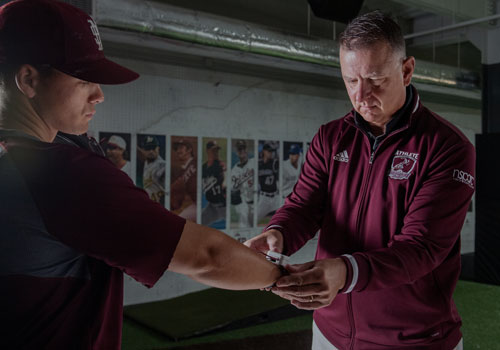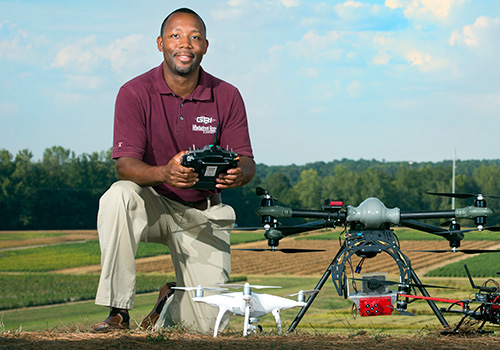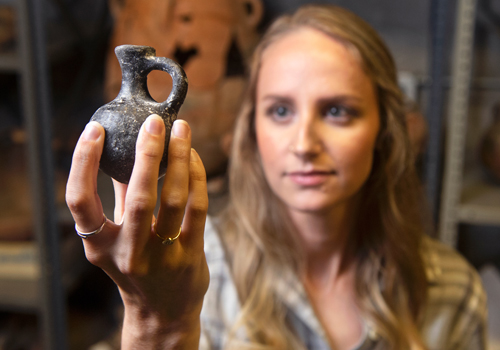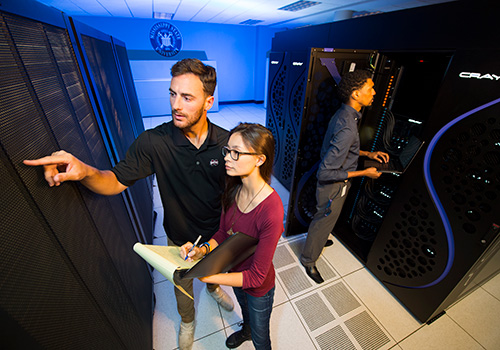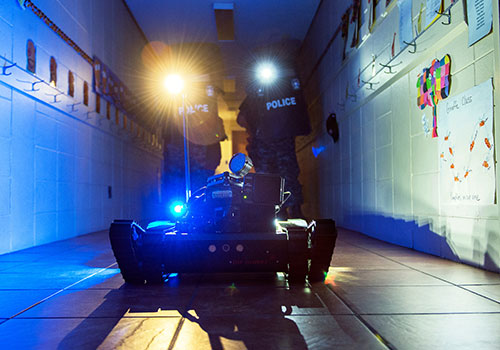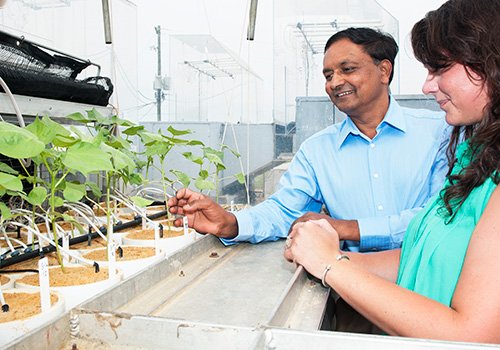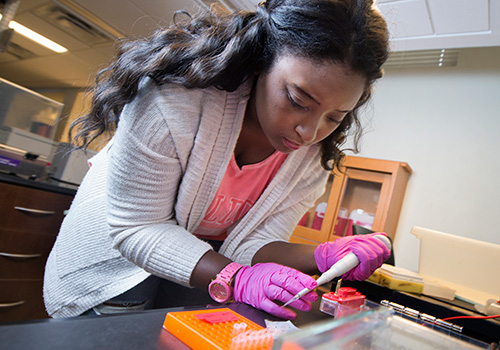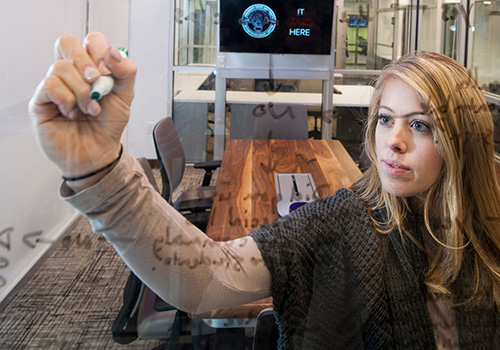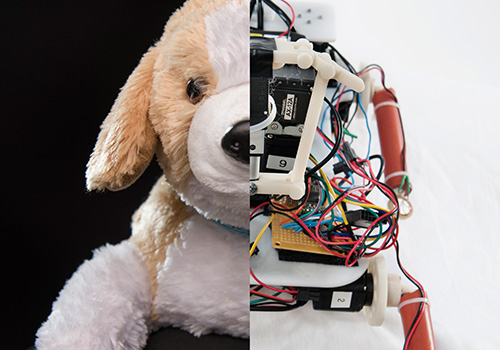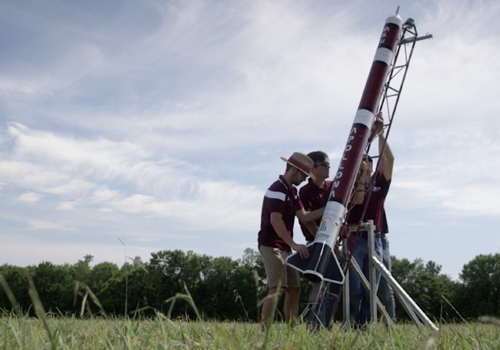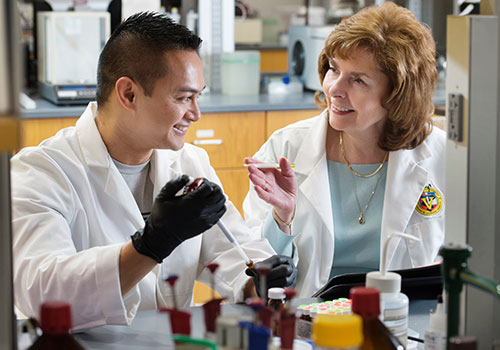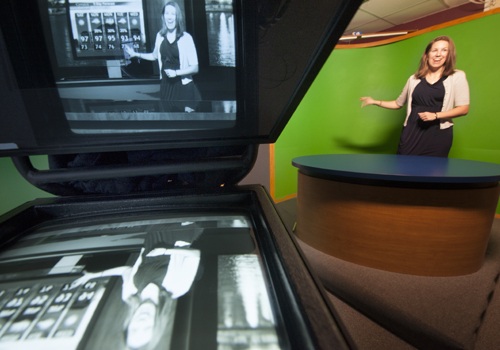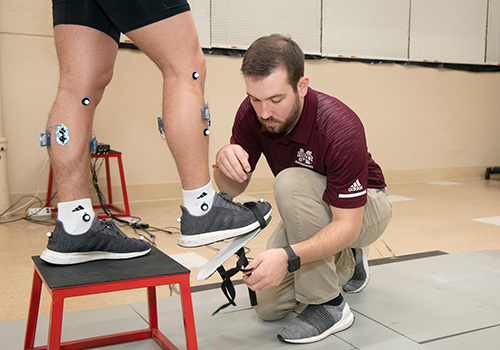First described in 1979, the acronym "CHARGE" came into use for newborn children with the congenital features of coloboma of the eye, heart defects, atresia of the nasal choanae, retardation of growth and/or development, genital and/or urinary abnormalities, and ear abnormalities and deafness. These features are no longer used in making a diagnosis of CHARGE syndrome, but the name remains.
Today, CHARGE occurs in approximately one of every 10,000 live births.
At Mississippi State, ways to help children and families with CHARGE cope with such foundational needs as education, feeding, sexuality and family dynamics are being explored at MSU’s CHARGE Syndrome Research Laboratory. The lab is the only one in the world focused on realizing positive outcomes of daily living for individuals with CHARGE and their families.











